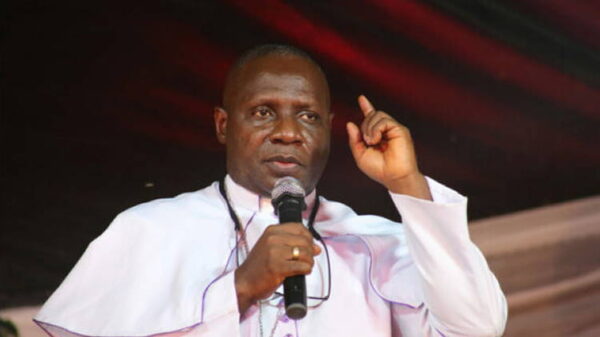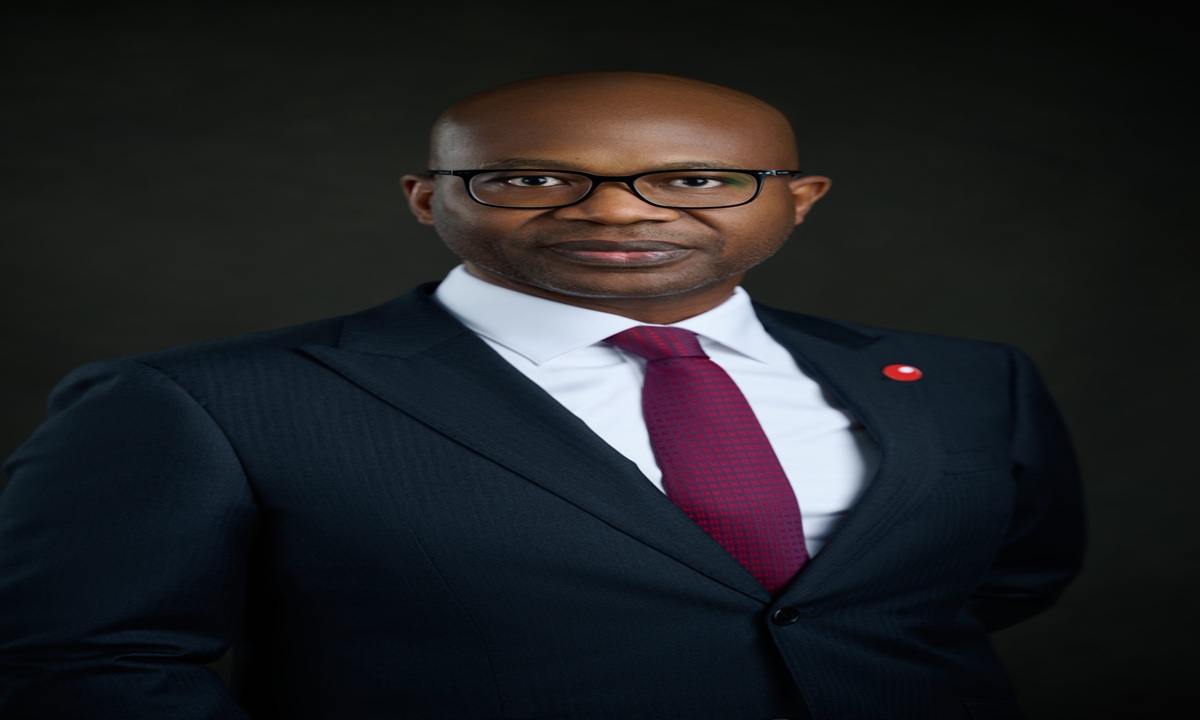Sterling Financial Holdings Company Plc (“Sterling HoldCo”) has reported a remarkable 157% year-on-year growth in profit-after-tax, hitting ₦41.78 billion for the half-year ended June 30, 2025. This jump from ₦16.26 billion in H1 2024 reflects the Group’s strategic excellence and operational resilience.
Profit after tax rose to ₦41.78 billion, while earnings per share climbed to 89 Kobo from 56 Kobo in the prior period. Gross earnings increased by 39.7%, reaching ₦212.61 billion. Interest income grew by 38.3% to ₦167.16 billion, and non-interest income surged 45% to ₦45.45 billion. The Group’s cost-to-income ratio also improved significantly, declining from 75.7% to 64.5%, thanks to focused cost optimisation.
Sterling HoldCo’s total assets increased to ₦4.08 trillion as of June 2025, up 15.3% from ₦3.54 trillion in December 2024. Shareholders’ funds rose by 22.9% during the period, driven by strong retained earnings and successful recapitalisation. Asset quality also improved, with the non-performing loan ratio down to 5.1% from 5.4%.
Building on its financial strength, the Group completed a ₦100 billion private placement and rights issue, which enabled the recapitalisation of Alternative Bank and bolstered Sterling Bank’s capital base. A public offer to raise an additional ₦53 billion is set to launch in the coming weeks, forming the first phase of a US$400 million capital programme approved at the Group’s Annual General Meeting on June 30, 2025.
Group CEO Yemi Odubiyi attributed the half-year performance to strategic clarity and operational agility, noting that the results reflect resilience and value creation in a dynamic macroeconomic environment.
He reiterated the Group’s commitment to responsible growth, sustainable impact, and continued investment in Nigeria’s growth sectors, including renewable energy, healthcare, and community development.
Sterling HoldCo remains focused on leveraging its robust capital strategy to fuel long-term expansion, innovate across its financial services, and deepen its contribution to Nigeria’s economic progress.
![]()






























































